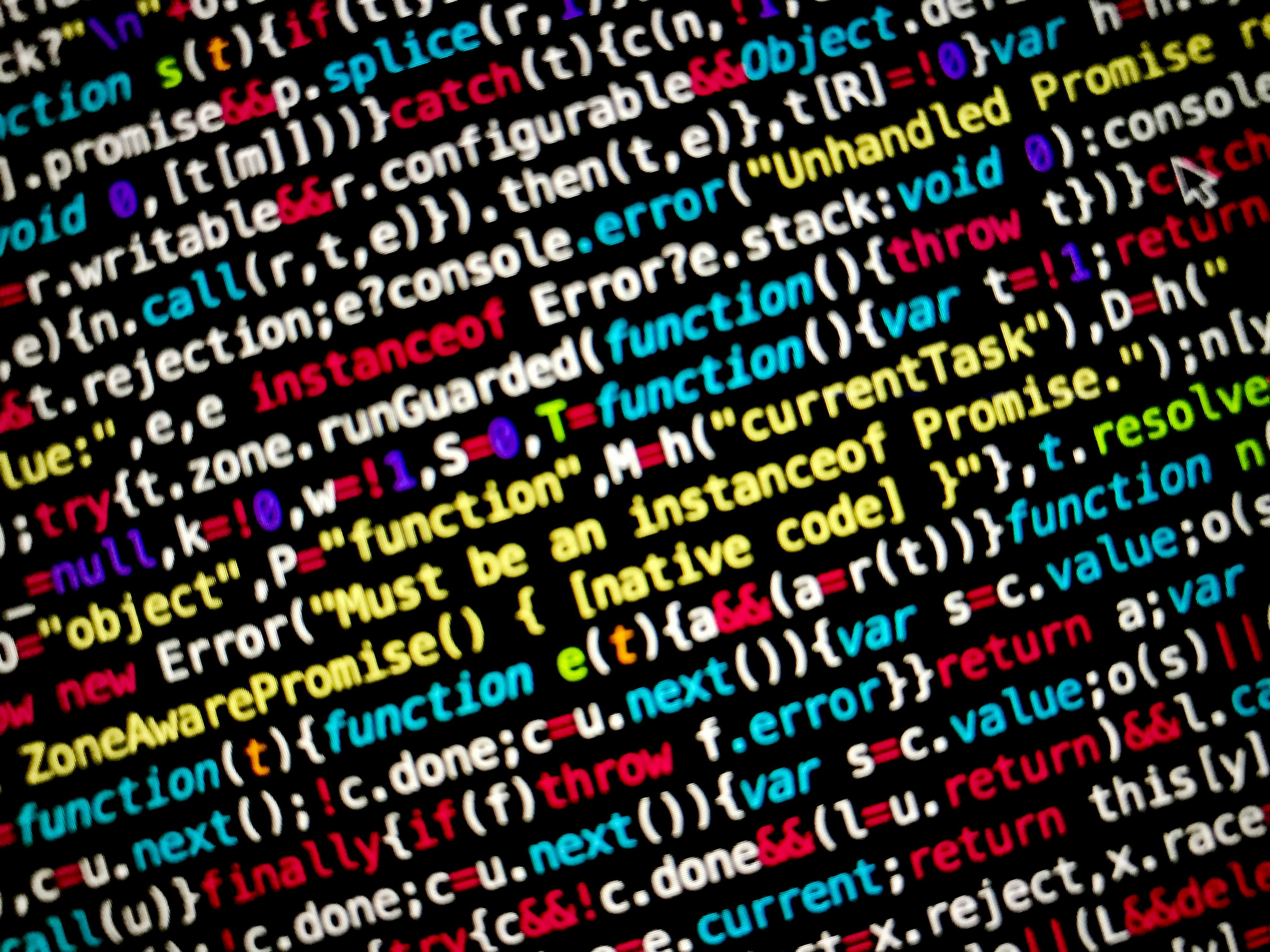Courtroom detentions of immigrants across the nation spark concern among advocacy groups
Inside the Controversial Tactics of ICE:
The dramatically increased immigration enforcement at courthouses across the United States has sparked a surge of criticism from judicial officials and lawyers, with concerns mounting that people might avoid coming to court for fear of deportation.
ICE's Courthouse Raids: A Modern-day Trend
Lena Graber, senior staff attorney with the Immigrant Legal Resource Center, has reported over a dozen recent immigration arrests at courthouses nationwide. This practice, which was unheard of before the first Trump administration, has left many stunned.
ICE long maintained a general policy of avoiding arresting people at certain locations, including schools, hospitals, courthouses, and churches. However, the agency's strategies drastically shifted during the Trump administration, adopting a policy that allowed courthouse arrests of "targeted aliens." This tactic was criticized as highly disruptive and dangerous, causing fear amongst witnesses, victims, and legal professionals alike.
Transforming Courthouse Environments
The increasing number of ICE raids at courthouses has led to a myriad of issues, disrupting court proceedings and compromising public safety.
Courthouse Disruptions:
- Judicial Interference: In New Hampshire, ICE agents tackled a Venezuelan man outside an elevator during a court proceeding, flattening an older man with a cane in the process.
- Contempt of Court: An ICE agent in Massachusetts ignored a municipal court judge's order not to detain a defendant during an active trial, leading to a contempt ruling.
Legal and Operational Conflicts:
- State-level Resistance: Colorado has passed a law barring civil immigration arrests in and around courthouses, with local judges ordering ICE to cease such actions following repeated violations.
- Judicial Pushback: Judges nationwide have issued orders restricting ICE's courthouse access, citing risks to due process and public safety.
- Chilling effect: Victims and witnesses, particularly in domestic violence or trafficking cases, are less likely to attend court due to fear of deportation.
In Virginia, three unidentified ICE agents arrested a man who had just had his assault charges dismissed, ignoring pleas to show identification or a warrant. The sheriff of North Carolina expressed concerns about a lack of communication from the agency after four people were arrested at a county courthouse. The arrest of a judge in Wisconsin on charges of helping a defendant evade waiting federal agents has added fuel to the growing controversy.
The Biden administration had imposed restrictions on courthouse immigration arrests, but these were swiftly nullified when Trump returned to office this year. Under the current guidance, ICE officials are allowed to perform immigration enforcement near courthouses if they believe someone they are seeking will be present. However, they are supposed to make arrests in non-public areas, coordinate with courthouse security, and avoid disrupting court operations.
Relatives of Teodoro Dominguez Rodriguez, a Honduran national arrested by ICE at a court in Charlottesville, could not be located, leaving his case unrepresented. Legal professionals decry the normalization of such practices, a move that threatens the traditional role of courthouses as a place for peaceful dispute resolution.
"People in divorce proceedings, people with civil disputes, custody hearings, potential witnesses, all are going to be less likely to come to court," said Nick Reppucci, head of the public defender's office in Charlottesville. The impact of such arrests on the judiciary system's ability to operate effectively cannot be overstated.
[1] Courthouse immigration arrests jumping under Trump administration, Jan 2018, https://courthousenews.com/courthouse-immigration-arrests-jumping-under-trump-administration/
[2] "‘I’m afraid ICE is here’: Sensitivity and fairness guide for federal, state, and local law enforcement officials," Immigrant Legal Resource Center, https://www.ilrc.org/immigrant-families/ice-family-separation/sensitivity-and-fairness-guide/
[3] "Pennsylvania Judiciary restricts ICE’s ‘arbitrary’ courtroom arrests of immigrants," BuzzFeed News, Nov 2020, https://www.buzzfeednews.com/article/nidik/pennsylvania-judiciary-restricts-ics-courtroom-arrests-of-immigrants
[4] "ICE arrests man in courtroom in front of immigration lawyer," The Boston Globe, Apr 2023, https://www.bostonglobe.com/2023/04/23/metro/ice-arrests-man-courtroom-front-immigration-lawyer/
[5] "ICE use of Colorado courthouses for immigration enforcement remains a contentious issue," The Denver Post, Feb 2021, https://www.denverpost.com/2021/02/11/ice-use-of-colorado-courthouses-remains-contentious-issue/
- In Seattle, a growing concern about courthouse environments arises due to the escalating number of ICE arrests.
- Since the adoption of the policy allowing courthouse arrests, feared individuals have been arrested during crime-and-justice proceedings, such as domestic violence cases.
- Businesses in Seattle might suffer due to the reduction in victims and witnesses attending court, affecting general-news cases like trafficking and violence investigations.
- Political leaders in Seattle have urged the Biden administration to reconsider its courthouse arrest policies, hoping to minimize the disruptions to hospitals, schools, and other sensitive locations.
- Hospitals in the city might face challenges if court proceedings are hampered, as some defendants could require medical attention while in custody.
- Sperbeck, a local attorney, has been leading initiatives to promote sensitivity and fairness in ICE's courthouse arrests, aiming to confirm the rights of all parties involved in the judicial process.









